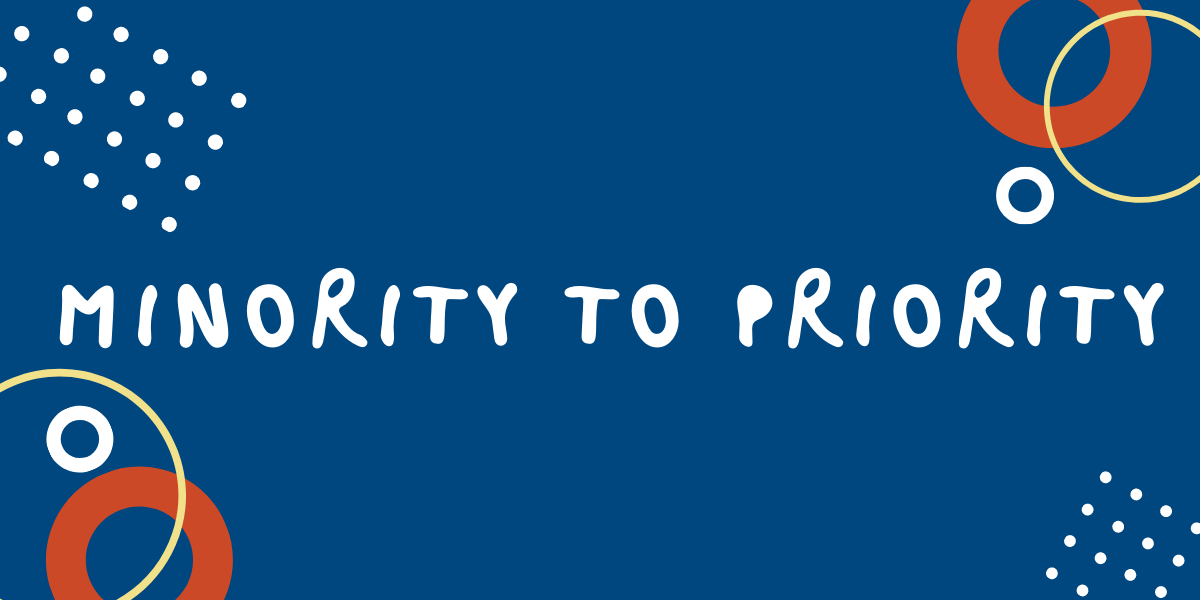
A significant amount of evidence directly links racism and discrimination to negative mental health and substance use outcomes. Current cultural competence efforts largely focus on undermining ignorance of other cultures, explicit hatred, and bigotry while underappreciating the importance of addressing implicit racial bias that can affect African American health outcomes, even in the absence of overt racism. Fortunately, for SATTC this gap in research and care in treatment has led to SATTC aiming to advanced among underserved racial, ethnic, and sexual minority sub-populations the importance of substance use and addiction.
SATTC aims to focus on obtaining the leading expertise on African Americans in particular while shedding light on this important racial disparity. Efforts from this initiative will add to understanding that minority populations such as African Americans need a focused seated at the table and to be made a priority in the conversation surrounding addiction medicine, substance use as well behavioral health workforce development among the population.


The Southeast ATTC aims to significantly impact the retention of African Americans in substance abuse treatment while shedding light on racial disparities.

This initiative will provide: a series of educational products, guidance, and technical assistance to mental health providers, substance abuse treatment providers, and primary care physicians who seek to elevate cultural competence efforts to include an understanding of the scope of implicit racial discrimination in health care and substance abuse treatment; a more nuanced view of what it means to be African-American in the United States; a recognition of the presence and impact of implicit bias and microaggression and motivation and ability to employ evidence-based strategies to address each of the aforementioned factors that continue to undermine retention, and as a result, substance abuse recovery outcomes, for African-Americans as a group.
